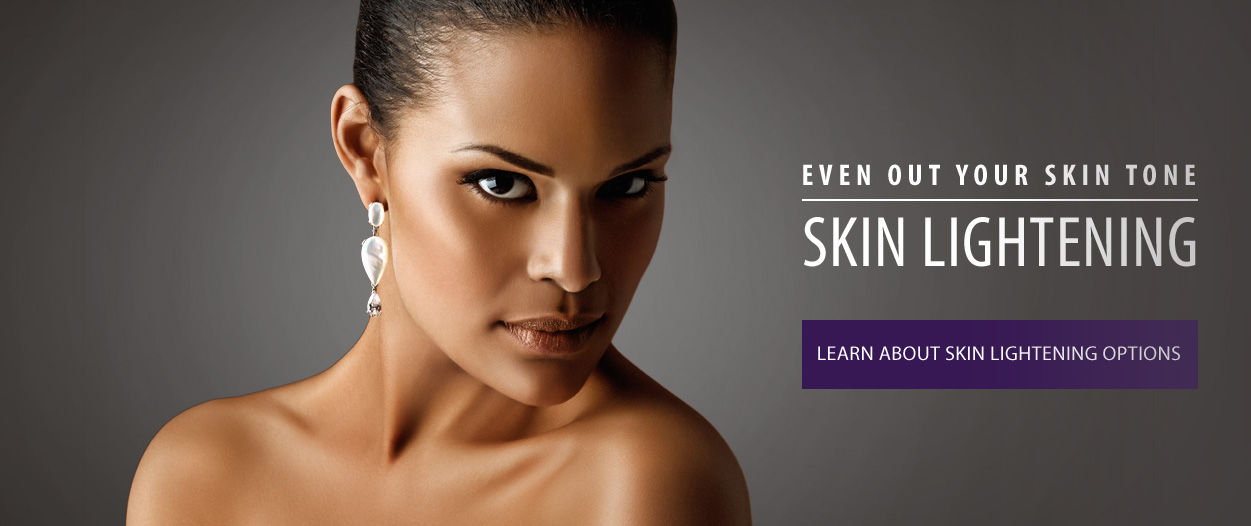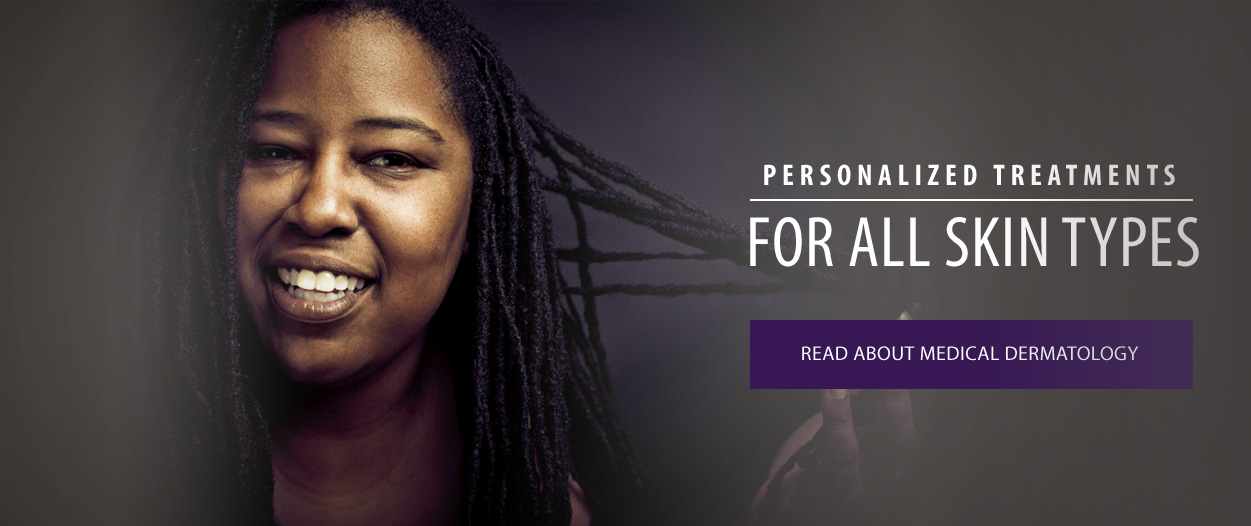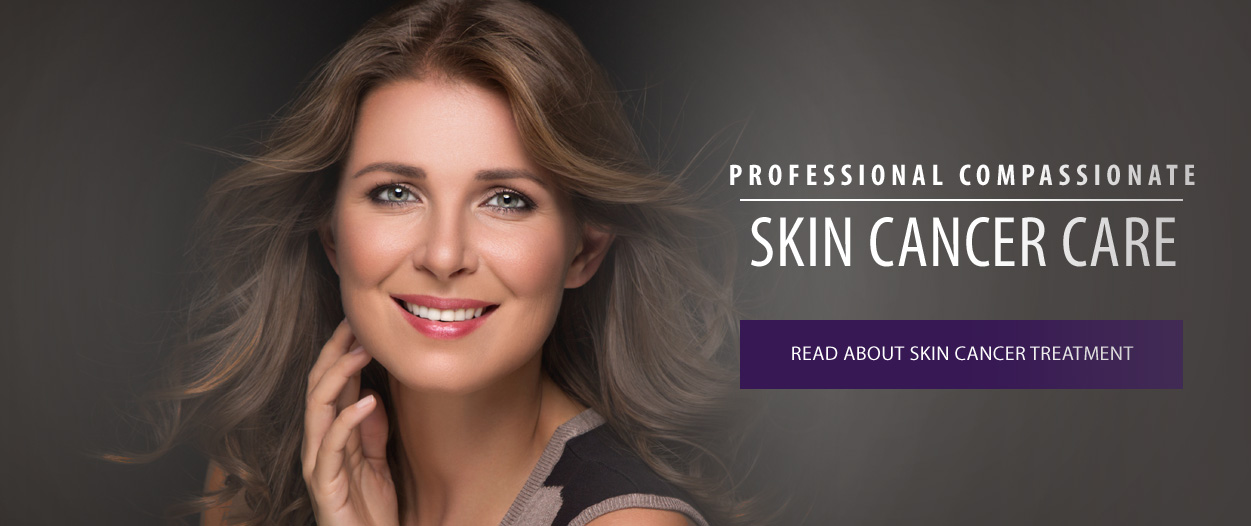Acne Treatment in Nairobi Kenya
Acne is a chronic, inflammatory skin condition that causes spots and pimples,especially on the face, shoulders, back, neck, chest, and upper arms. Whiteheads, blackheads, pimples, cysts, and nodules are all types of acne.
At our clinic in Nairobi, Kenya, we offer acne treatments for African dark skin which are at greater risk for developing pigmentation changes compared to Caucasians, they are up to 15 times more likely to develop acne-related scars.
All the procedures of acne treatment at Avane Clinic Nairobi, Kenya is done under the guidance of Board Certified Dermatologist Dr. Pranav Pancholi.
Acne Treatments at Avane Clinic depends on how severe and persistent the acne is and they range from:
1. Effective Acne products
A variety of steroidal and non-steroidal creams and gels are available to treat acne & many acne products are effective.
Mild acne can be treated with over-the-counter (OTC) medications, such as gels, soaps, pads, creams, and lotions, that are applied to the skin.
Creams and lotions are best for sensitive skin. Alcohol-based gels dry the skin and are better for oily skin.
2. Corticosteroid injection
If an acne cyst becomes severely inflamed, it may rupture. This can lead to scarring.
A skin specialist may treat an inflamed cyst by injecting a diluted corticosteroid.
This can help prevent scarring, reduce inflammation, and speed up healing. The cyst will break down within a few days.
3. Oral antibiotics
Oral antibiotics may be prescribed for up to 6 months for patients with moderate to severe acne.
These aim to lower the population of P. Acnes. The dosage will start high and reduce as the acne clears.
P. acnes can become resistant to the antibiotic in time, and another antibiotic is needed. Acne is more likely to become resistant to topical rather than oral antibiotics.
Antibiotics can combat the growth of bacteria and reduce inflammation.
Erythromycin and tetracycline are commonly prescribed for acne.
4. Oral contraceptives
Oral contraceptives can help control acne in women by suppressing the overactive gland. They are commonly used as long-term acne treatments.
5. Topical antimicrobials
Topical antimicrobials also aim to reduce P. acnes in patients with moderate to severe acne. Examples are clindamycin and sodium sulfacetamide.
6. The dermatologist may prescribe a topical retinoid.
Topical retinoids are a derivative of vitamin A. They unclog the pores and prevent whiteheads and blackheads from developing.
7. Isotretinoin
This is a strong, oral retinoid, used for the treatment of severe cystic acne and severe acne that has not responded to other medications and treatments.
Acne is the one of the main reasons to visit a dermatologist. Want to improve your facial skin? Contact us for effective & safe acne treatment in Nairobi, Kenya & rejuvenate your skin today.





